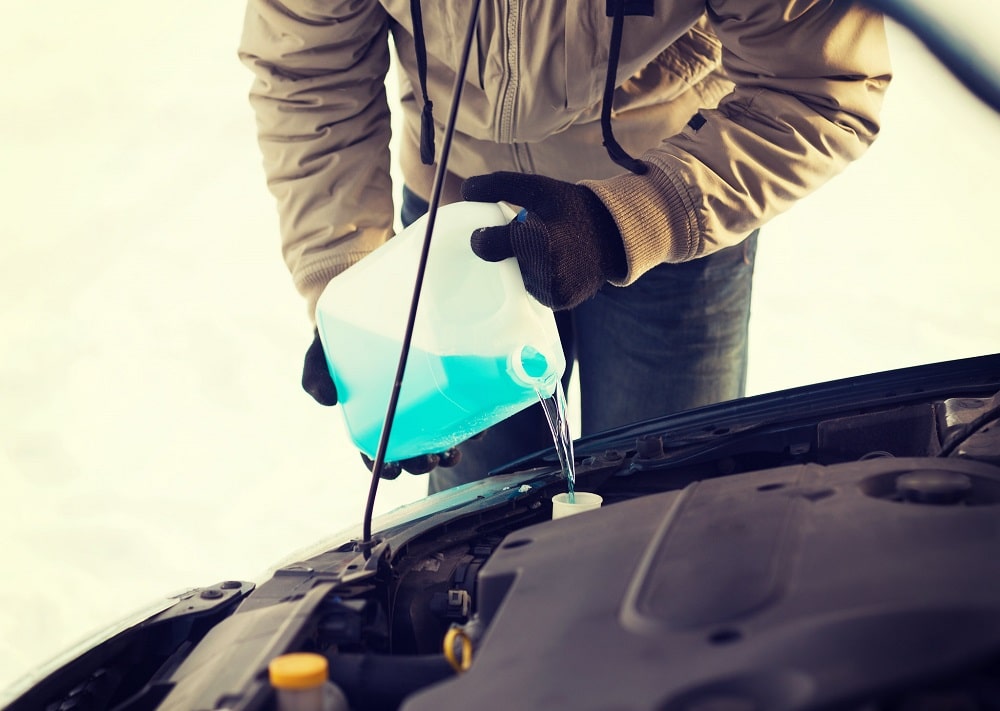Your car’s radiator is essential to its longevity and performance. Without a properly functioning radiator, your vehicle could overheat, resulting in severe engine malfunctions and melted parts. Here are a few tips to help you safeguard your vehicle and stay on top of radiator maintenance.
More Essential Maintenance: Taking care of your car’s tires
Keeping your radiator in peak condition

Like many parts of your vehicle, your car’s radiator needs regular fluid fill-ups. When checking or refilling your car’s radiator fluid, make sure your car is completely cool — opening the cap when it’s hot can result in scalding-hot antifreeze being flung at you.
Dilution solutions
Furthermore, make sure you use a fluid that’s compatible with your make and model, and thoroughly read the directions. Some radiator fluid needs to be diluted with water by 50 percent. When cutting the coolant, it’s important to use distilled water, since tap water can contribute to mineral buildup in your vehicle’s cooling system. And since radiator fluid is crucial to your car’s health, it’s a good idea to carry some pre-diluted coolant in your trunk, just in case of emergencies. And no matter where you’re storing antifreeze, keep it far away from kids and pets.
Your car’s coolant chamber needs to be pressurized to work properly, so it’s important to keep the radiator cap screwed on tight.
Don’t forget to flush
It’s a good idea to have the radiator cleaned as part of your car’s routine maintenance program, like tire rotations and oil changes. Full flushes can prevent radiator failures by clearing out debris that could clog the cooling system. However, the frequency of flushes will depend on how much you use your vehicle. Typically, a radiator should be flushed annually or every 12,000 miles, but check your vehicle’s manual for more specific advice.
Choose a Reliable Vehicle: Get a work truck that will go the distance
If you’re into vehicle DIY, check out our guide to flushing your radiator.
Kimiko Kidd is a native Daytonian. She graduated from Wright State University with degrees in environmental science and sociology. She loves her trusty old Honda Civic, but dreams of owning a 1974 Ford Falcon XB with a custom paint job and a vintage Kawasaki Z1000. In her free time, Kimiko can be found watercolor-painting, baking muffins, collecting rocks, playing old-school Nintendo games, writing her novel, sewing stuffed animals, and cosplaying as her favorite Mad Max characters. See more articles by Kimiko.










